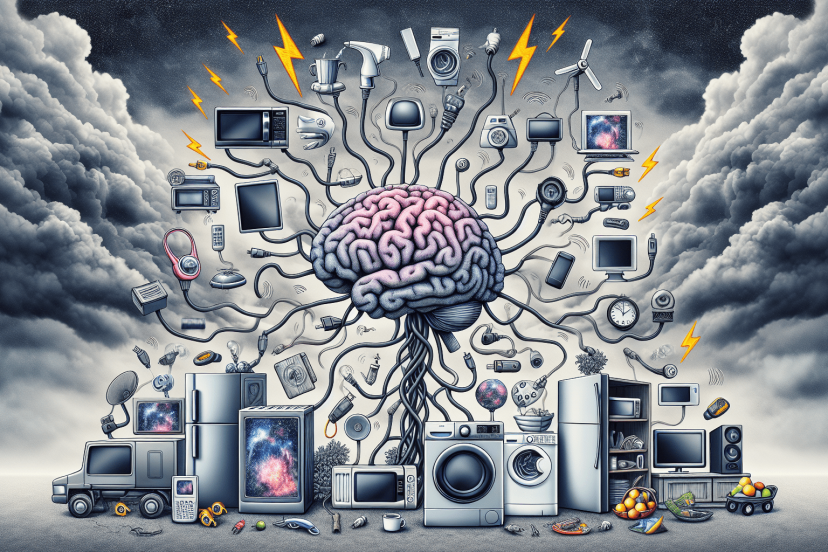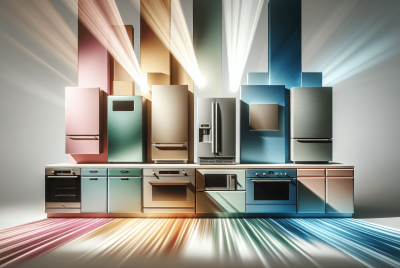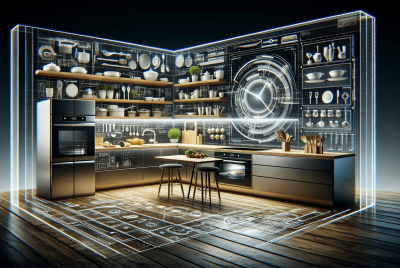What Are The Disadvantage Of Appliances?
Appliances have become an essential part of our daily lives, simplifying tasks and adding convenience in countless ways. However, it’s important to be aware of the potential disadvantages that come with relying heavily on these modern conveniences. From increased energy consumption to the possibility of malfunctions and the impact on our environment, understanding the downsides can help us make informed choices and strike a balance between efficiency and sustainability. So, let’s take a closer look at the less glamorous side of our beloved appliances.
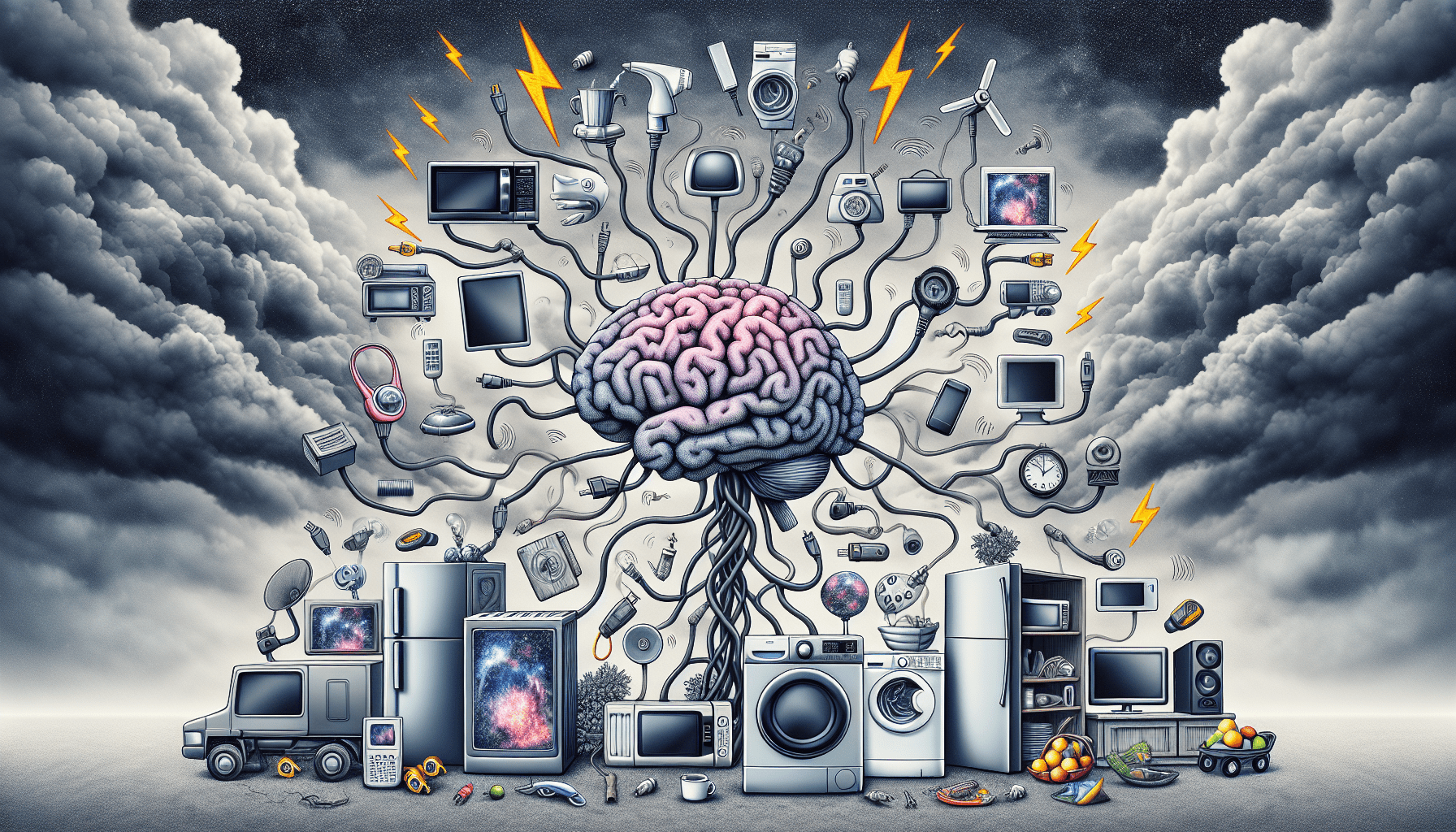
1. High energy consumption
Increased utility bills
Appliances, especially older models, tend to consume a significant amount of energy. This high energy consumption directly translates into increased utility bills for households. Whether it’s running the air conditioner during summer or using the washing machine frequently, these appliances can leave a big dent in your wallet when the electricity bill arrives.
Impact on the environment
Apart from the financial burden, high energy consumption by appliances also has a negative impact on the environment. As power plants generate electricity to meet the demand, they often rely on fossil fuels such as coal and natural gas, which release harmful greenhouse gases into the atmosphere. These emissions contribute to global warming and climate change, leading to adverse effects on our planet.
2. Frequent repairs and maintenance
Costly repairs
Appliances are prone to wear and tear over time, and this can result in frequent breakdowns and the need for repairs. Repairing appliances can be a costly endeavor, especially if the warranty has expired or if the damage is extensive. From hiring technicians to purchasing replacement parts, the expenses can quickly add up, straining your budget.
Time-consuming maintenance
In addition to the financial burden, appliances also require regular maintenance to ensure their optimal performance. This can involve tasks such as cleaning filters, defrosting freezers, or descaling coffee machines. While these maintenance activities may seem minor, they can be time-consuming and take away valuable time that could be spent on other activities.
3. Limited lifespan
Shorter lifespan compared to traditional alternatives
Appliances, especially those produced with advanced technology, often have a shorter lifespan compared to their traditional counterparts. While older models could last for decades, newer appliances may only provide reliable service for a fraction of that time. This limited lifespan means frequent replacements, which can be a hassle and an additional expense for homeowners.
Frequent need for replacements
With the fast-paced advancement of technology, appliances quickly become outdated. Companies release newer models with enhanced features and increased energy efficiency, tempting consumers to upgrade their appliances. However, this constant need for replacements not only contributes to electronic waste accumulation but also puts a strain on your finances, as keeping up with the latest trends can be costly.
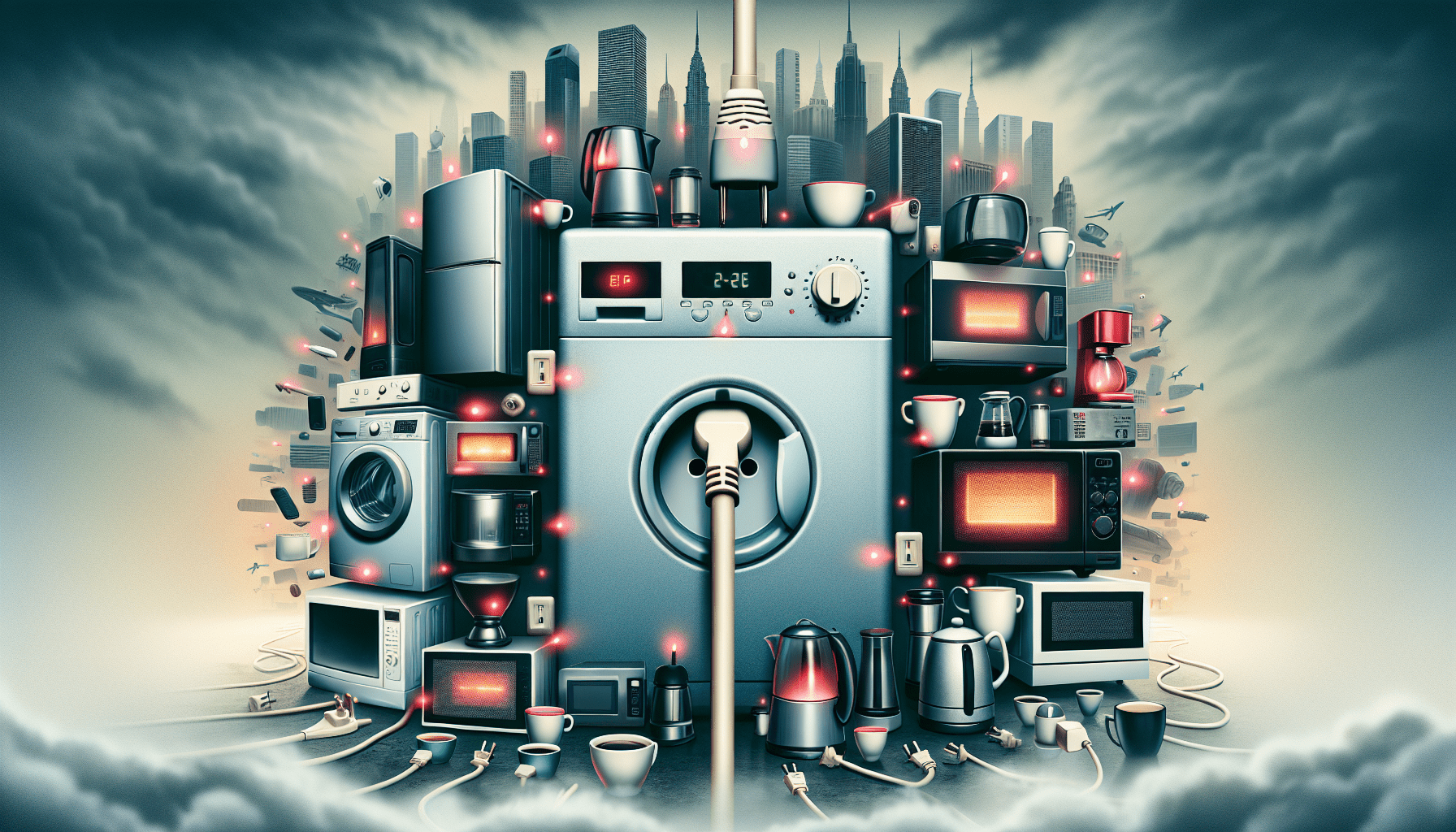
4. Potential safety hazards
Risk of electrical fires
Appliances, especially those that involve heat generation or have faulty wiring, pose a risk of electrical fires. Overloaded circuits, faulty cords, or malfunctioning components can lead to sparks and flames, putting both your home and your safety in jeopardy. It is crucial to ensure that your appliances are well-maintained and regularly checked to minimize the risk of electrical fires.
Accidental injuries
Apart from the risk of fires, appliances can also pose a danger of accidental injuries. Sharp edges, faulty doors, or malfunctioning controls can result in cuts, burns, or other injuries. It is important to exercise caution when handling appliances and to teach children in the household about the potential risks associated with them.
5. Noise pollution
Loud operational noises
Appliances, particularly those with mechanical components, can produce loud operational noises. Whether it’s the rumbling of a refrigerator, the whirring of a dishwasher, or the beeping of a microwave, these noises can become a constant background disturbance in your home. They can disrupt your daily life, affect your peace of mind, and even disturb your sleep.
Disturbing daily life and sleep
The constant noise produced by appliances can have a negative impact on your daily life and sleep patterns. Studies have shown that exposure to constant noise can lead to increased stress levels, difficulty concentrating, and decreased overall well-being. It’s important to create a tranquil environment in your home by opting for quieter appliances or considering soundproofing measures.
6. Dependence on electricity
Power outages
Appliances heavily rely on electricity to function, and any power outage can render them useless. While power outages may occur unexpectedly due to weather conditions, maintenance work, or other factors, they can significantly disrupt your daily routine. Without functional appliances, tasks such as cooking, laundry, or even basic communication can become challenging during these instances.
Limited functionality during emergencies
In addition to power outages, emergencies such as natural disasters or unforeseen events can also limit the functionality of appliances. Without electricity or backup power sources, appliances like refrigerators or medical equipment may become ineffective, posing additional challenges during critical situations. It is essential to have contingency plans and alternative solutions in place to mitigate the impact of such circumstances.
7. Lack of personal touch
Reduced human interaction
The convenience offered by appliances often results in reduced human interaction. For example, in the past, visiting a local store to speak with a salesperson and make a purchase was a common practice. Nowadays, online shopping and automated systems have replaced these personal interactions, leading to a sense of detachment and a loss of human connection.
Diminished social skills
Furthermore, the increasing dependence on appliances may lead to diminished social skills. With the ease of communication through text messages, video calls, or social media, face-to-face interactions are becoming less common. This decline in interpersonal interactions can have negative effects on individuals’ ability to form and maintain meaningful relationships, impacting overall social skills development.
8. Negative impact on health
Exposure to electromagnetic radiation
Some appliances, such as microwaves, televisions, and cell phones, emit electromagnetic radiation. Prolonged and excessive exposure to this radiation has been a cause for concern and is associated with potential health risks. While the long-term effects are still being studied, minimizing exposure to electromagnetic radiation by limiting screen time and maintaining a safe distance from devices is advisable.
Increase in sedentary lifestyle
Appliances, particularly those that promote sedentary activities, contribute to an increase in a sedentary lifestyle. Spending excessive time sitting and using devices for entertainment purposes, such as watching television or playing video games, can lead to a lack of physical activity. This sedentary behavior has been linked to various health issues, including obesity, cardiovascular diseases, and musculoskeletal problems.
9. Environmental concerns
Electronic waste accumulation
As appliances become obsolete or require replacements, electronic waste accumulation becomes a significant concern. Many household appliances contain hazardous materials, including heavy metals and toxic components, which can harm the environment if not disposed of properly. Proper recycling and waste management practices are crucial to minimize the negative impact on the environment.
Toxic materials in electronic components
The electronic components of appliances often contain toxic materials such as lead, mercury, or cadmium. These substances can leach into soil and water, contaminating the environment and posing risks to human and animal health. It is important to handle and dispose of electronic waste responsibly to mitigate the potential harm caused by these toxic materials.
10. Obsolescence and technological advancements
Constant need to keep up with new models
In today’s fast-paced technological landscape, appliances quickly become obsolete due to constant advancements. Newer models with enhanced features, improved energy efficiency, and advanced functionality are regularly released, enticing consumers to upgrade their appliances. However, keeping up with these new models can be financially burdensome and create a sense of continuous consumerism.
Incompatibility with older appliances and technology
As technology continues to evolve, older appliances may become incompatible with newer devices or systems. This lack of compatibility can result in inconvenience and frustration when trying to use or integrate appliances with other technology. It may require additional purchases or upgrades to ensure seamless integration, further contributing to the financial strain and environmental impact.
Overall, while appliances have undoubtedly improved our lives in many ways, it is essential to consider the disadvantages they bring. High energy consumption, frequent repairs and maintenance, limited lifespan, potential safety hazards, noise pollution, dependence on electricity, lack of personal touch, negative impact on health, environmental concerns, and obsolescence are all factors to be mindful of. By understanding these drawbacks, we can make informed decisions about our appliance usage and strive for a balance that maximizes convenience while minimizing the negative consequences.

